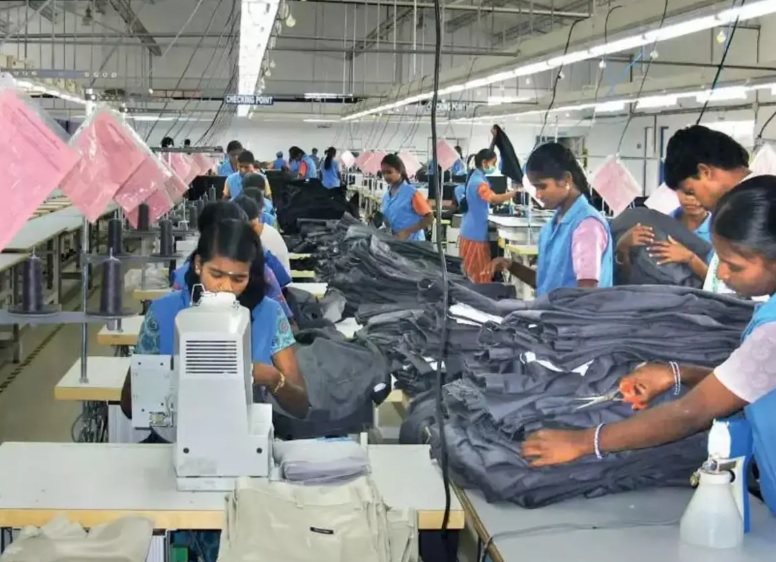Despite a generally difficult demand environment for textile fibers and a drastic drop in prices for standard viscose, the Lenzing Group recorded a solid business development in 2019. Its disciplined implementation of the sCore TEN corporate strategy and the accompanying focus on specialty fibers, helped the company to mitigate the effect of unprecedentedly low standard viscose prices.
Our focus on specialty fibers contributed to our resilience during the reporting period. Our goals for 2024 underpin this confidence in our future”, says Stefan Doboczky, Chief Executive Officer of the Lenzing Group. “The implementation of the key projects in Thailand and Brazil plays a central role in further strengthening our market position and in accomplishing our ambitious climate targets,” Doboczky adds. The expansion and modernisation of the dissolving wood pulp plants in Lenzing and Paskov, which started in 2017, will increase pulp production capacities by roughly 35,000 tonne annually. The expansion in Lenzing was successfully implemented in the second half of 2019. At roughly the same time, the new capacities at the Paskov plant were gradually started up. This process will be completed in the first quarter of 2020.
Based on the decision to build a dissolving wood pulp plant in Brazil with its partner Duratex, Lenzing will increase its self-supply by 500,000 tons annually, thus strongly enhancing backwards integration. The plant is expected to start operations in the first half of 2022. Lenzing and Duratex hold 51 percent and 49 percent, respectively, in the joint venture. Industrial CAPEX are expected to total roughly US$ 1.3 billion (based on current exchange rates and customary tax refunds). Expansion of specialty fiber capacities In 2019, Lenzing also started the construction of a state-of-the-art lyocell production facility in Thailand. The investment for the new plant with a capacity of 100,000 tonne amounts to roughly EUR 400 million. Construction work started in the second half of 2019. The completion is scheduled for the end of 2021.
The primary focus of the company in the coming years will be on the implementation and execution of set climate targets and investment projects in Thailand and Brazil. Lenzing aims to increase the share of high-quality specialty fibers in fiber revenue to 75 percent by 2024 and the share of internally produced pulp to more than 75 percent. In line with its strategic commitment for 2024, Lenzing strives to reduce CO2 emissions per ton of product by more than 40 percent compared with 2017.
The group also expects the comparatively positive development of its specialty fiber business to continue. Driven by the challenging situation in standard viscose and low paper pulp prices, prices for dissolving wood pulp are expected to remain at low levels. Caustic soda prices in Asia have already declined significantly over the past months; this development is now also noticeable in Europe. The above effects significantly impact earnings visibility for 2020. The Lenzing Group currently expects the result for 2020 to be below the level of 2019. The market developments reassure the Lenzing Group in its chosen corporate strategy sCore TEN. Lenzing will continue to focus on the strategic investment projects which will yield a significant contribution to earnings starting from 2022.












